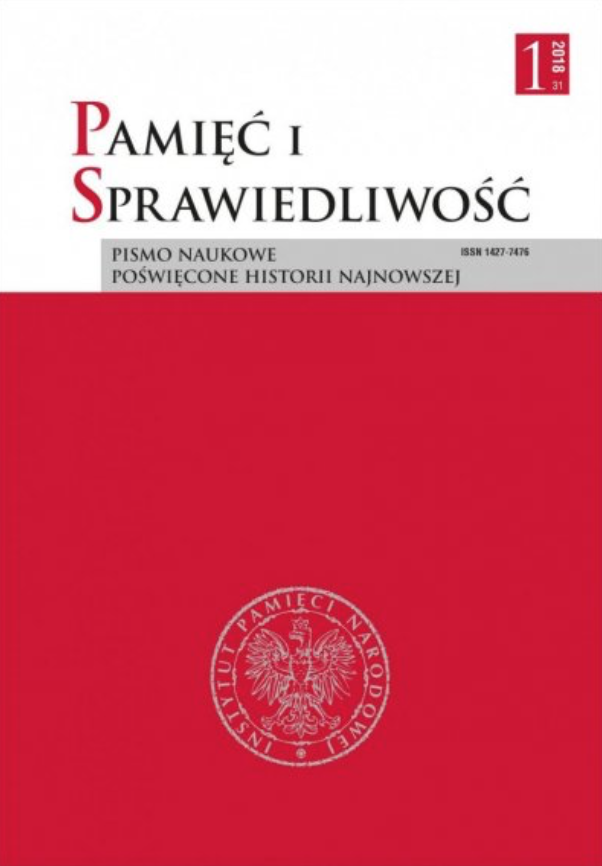O konstytucji kwietniowej raz jeszcze
On the April Constitution Once More
Author(s): Marta MarcinkiewiczSubject(s): Political history, Social history, Recent History (1900 till today)
Published by: Instytut Pamięci Narodowej
Keywords: 2nd Polish Republic; parliamentarism; political thought; March Constitution; April Constitution; Józef Piłsudski; piłsudczycy
Summary/Abstract: The March Constitution of 1921 was a result of a compromise, which was quickly criticised by politicians, lawyers, and scholars alike. Its form was also affected by the personality of Józef Piłsudski – predicting that he would become the head of the state, the right wing of the political scene purposefully weakened the presidential prerogatives. It was not long before the constitution failed to fulfil the hope vested in it. Even its own authors joined the criticism. The main objections included the supremacy of the parliament over other authorities or the excessively strong inspiration drawn from French constitutions. The work on a new constitution began in 1928. Although most of the political parties were aware of the necessity to fix the government system, the deputies opposing the governing camp refused to take part in the work on the constitutional changes and adopted a confrontational attitude. Representatives of individual parties criticised the draft by the Nonpartisan Bloc for Cooperation with the Government and paid little attention to their own initiatives. Despite the absence of the opposition in the Sejm on 26 January 1934, the Constitution was passed and then, after it had been signed by the president, entered into force in April 1935. Rarely did any event or legal act in Poland’s history cause such emotion and controversy. There is rich literature on the subject, but for years, there was no serious polemic, but rather the constitution was debased as a whole, and a substantial analysis has not been undertaken. The focus was on the fact that it was passed illegally and on its articles that could be regarded as not fully democratic. This approach is firmly cemented. The aim of the work is to show the situation related to the government system of the young Polish state in the Interbellum period and the debate that took place in the Polish parliament. The author focuses on the role of the opposition in the discussed events, critiques their conduct during the work and the passing of the constitution. This evaluation is made not only in the context of the internal circumstances but also the geopolitical and international situation, which was highly complicated in the 1930s.
Journal: Pamięć i Sprawiedliwość.
- Issue Year: 31/2018
- Issue No: 1
- Page Range: 296-355
- Page Count: 60
- Language: Polish

